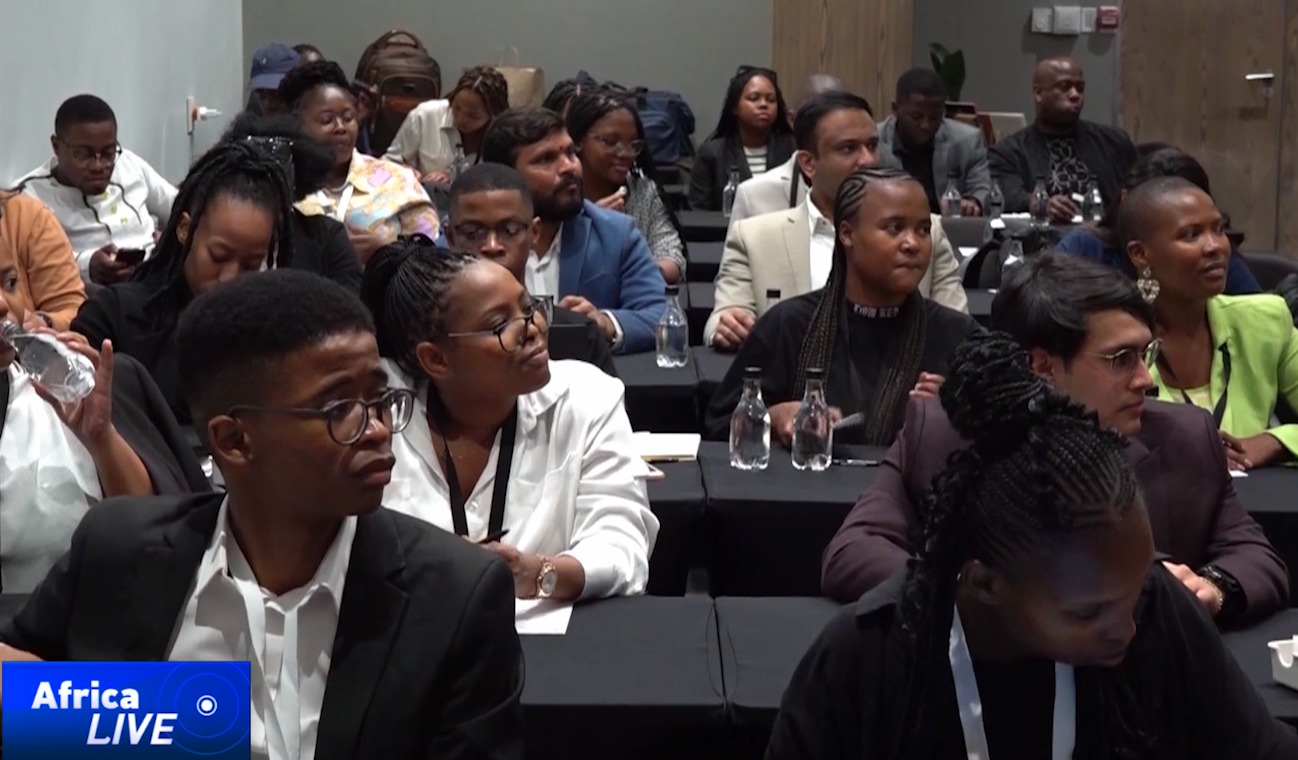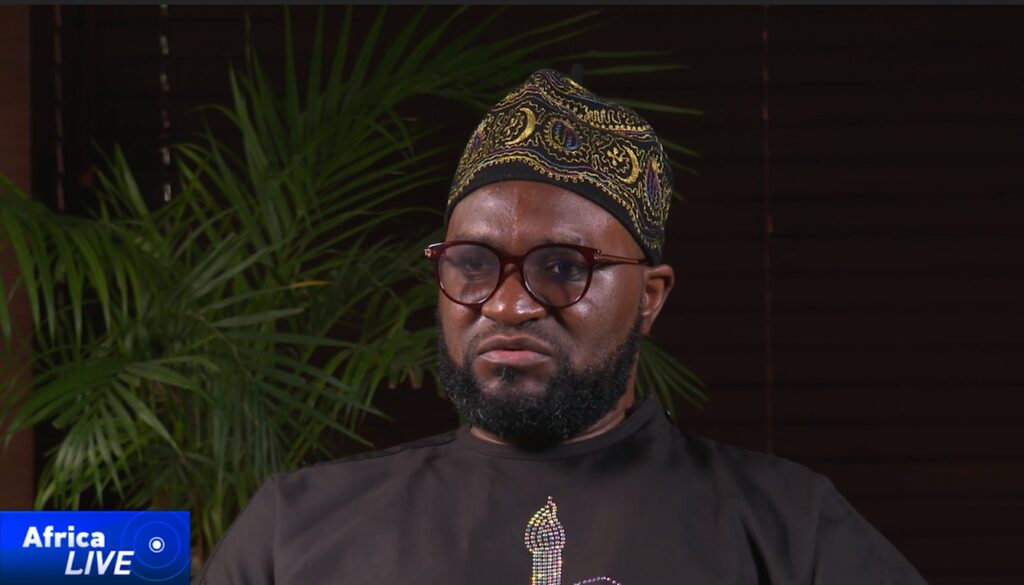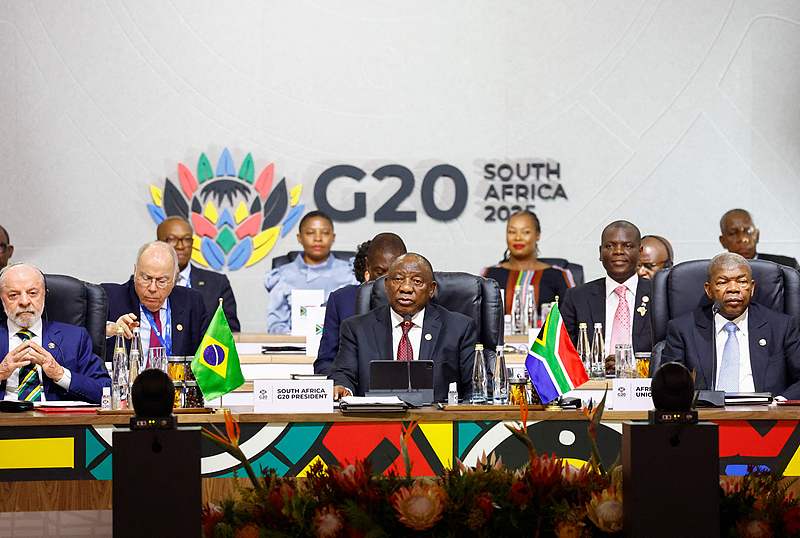
Analyst: African students in limbo as Trump moves to halt student visas
The Trump administration’s sudden blanket ban on student visa applications has upended the aspirations of thousands of African students planning to pursue higher education in the United States, with far-reaching consequences for both the students and U.S. institutions.
The U.S. State Department cites national security concerns—specifically, the need for enhanced social media screening—as the rationale for suspending visa interviews indefinitely at U.S. embassies across Africa.
This abrupt policy shift has left students—many of whom received provisional admission offers from U.S. universities in 2024—stranded in a “loop of uncertainty,” according to political analyst Chris Ogunmodede in an interview with CGTN.

Ogunmodede sees the ban as an opportunity for African students to pivot toward alternative study destinations with more accessible visa regimes and robust academic opportunities.
“China is a relatively affordable place to study, with an improved standard of living. You can earn a living there, you have good education, top-notch universities, and other institutes of higher education,” he told CGTN.
He urged students, who have historically explored diverse global destinations, to prioritize countries offering liberal visa policies and strong postgraduate programs. Canada, Australia, and European nations like Germany are also emerging as viable options due to their welcoming immigration frameworks and competitive academic offerings.
The ban compounds longstanding inequities faced by African students. A 2023 Shorelight report highlighted that between 2015 and 2022, African students faced a 54 percent U.S. visa denial rate, significantly higher than the 36 percent for Asian students and 9 percent for European students.
This disparity underscores systemic challenges in accessing U.S. higher education. Many African students, who spent years preparing applications and securing provisional offers from prestigious institutions like Harvard, now face indefinite delays, frustration and disillusionment.
The policy’s fallout extends to U.S. universities, which risk losing millions in tuition revenue from African students. Beyond financial impacts, the absence of these students could diminish the cultural diversity and global perspectives that enrich campus environments.
If the ban persists, analysts predict a shift in global education flows, with African students increasingly turning to countries like China, which offers affordable, high-quality education and opportunities for post-graduation employment.
Ogunmodede emphasized that this moment calls for African students to adapt and seize opportunities in nations prioritizing international education.






